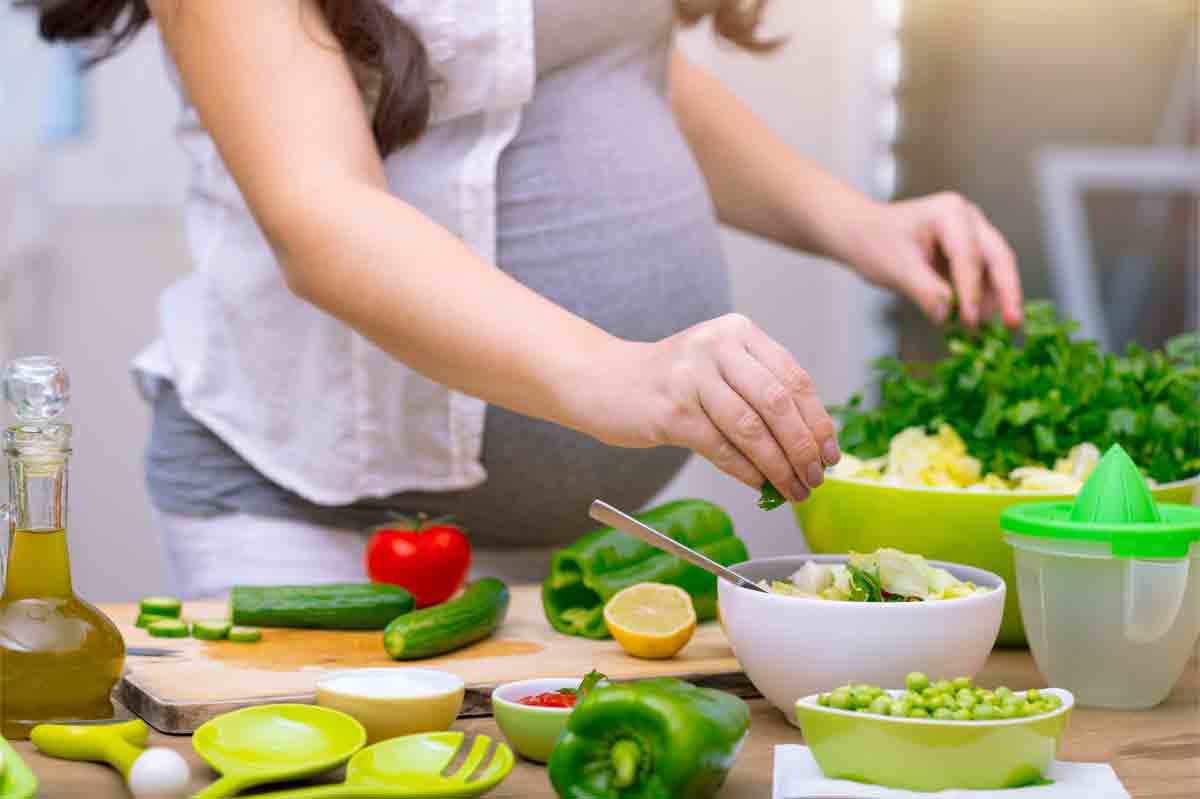Association between oxidative balance score and risk of postpartum depression in Iranian women: a prospective cohort study
The oxidative balance score (OBS) is a comprehensive tool that measures factors linked to oxidative stress by accounting for both dietary antioxidants and lifestyle choices. Currently, little is known about how OBS during pregnancy relates to postpartum depression (PPD). This cohort study by Tabaeifard et al. (2025) assessed the association between pregnancy OBS and PPD among 243 Iranian women recruited via convenience sampling from 2022 to 2023. A validated food frequency questionnaire was used to gather dietary data. OBS was calculated separately as nutrient/lifestyle OBS (NLOBS) and food group/lifestyle OBS (FLOBS) based on established methods. The Edinburgh Postpartum Depression Scale was used to measure PPD four to six weeks after giving birth. According to the analysis, 43 individuals had a PPD diagnosis, and the participants’ average age was 30.9 years. Women in the highest NLOBS group were 69% less likely to have PPD than those in the lowest category, even after controlling for covariates. While FLOBS showed a significant inverse relationship with PPD in unadjusted analysis, this association weakened after full adjustment. Subgroup analysis revealed significant inverse links for NOBS and LOBS but not FOBS. The findings suggest that higher nutrient-based the oxidative balance score (OBS) during pregnancy could lower PPD risk, though further studies are needed for confirmation. [NPID: Oxidative stress, oxidative balance score, maternal diet, lifestyle during pregnancy, postpartum depression]
Year: 2025
 Navigation
Navigation









